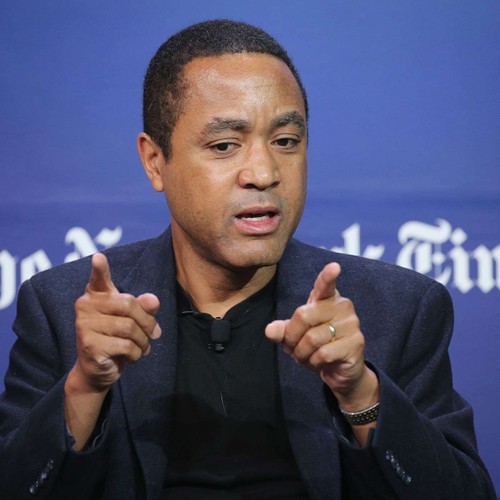
 80,000 Hours Podcast
80,000 Hours Podcast #142 – John McWhorter on key lessons from linguistics, the virtue of creoles, and language extinction
53 snips
Dec 20, 2022 In this fascinating conversation, John McWhorter, a Columbia University linguistics professor and prolific author, dives into the intriguing world of language. He shares insights on the cognitive benefits of bilingualism and debunks myths about intelligence. McWhorter discusses the urgency of preserving endangered languages and the dynamics of creole language development. The conversation also explores how AI may reshape language communication and the role of filler words in speech, revealing the complexities behind how we connect through language.
AI Snips
Chapters
Books
Transcript
Episode notes
Bilingualism and Intelligence
- Bilingualism may not enhance intelligence as previously thought, but it might delay dementia by a few years.
- Learning a new language creates new neuron connections and offers a fresh perspective, but research has not confirmed increased IQ.
Shakespeare's Evolving Language
- Rob Wiblin finds Shakespeare difficult because word meanings have shifted over time.
- McWhorter argues for "adjustments" to Shakespeare, not translations, to enhance modern comprehension.
Foreign Language Education Reconsidered
- Reconsider teaching foreign languages in schools given limited fluency outcomes and advanced translation technology.
- Utilitarian need drives language acquisition, making it hard to justify traditional language education.














